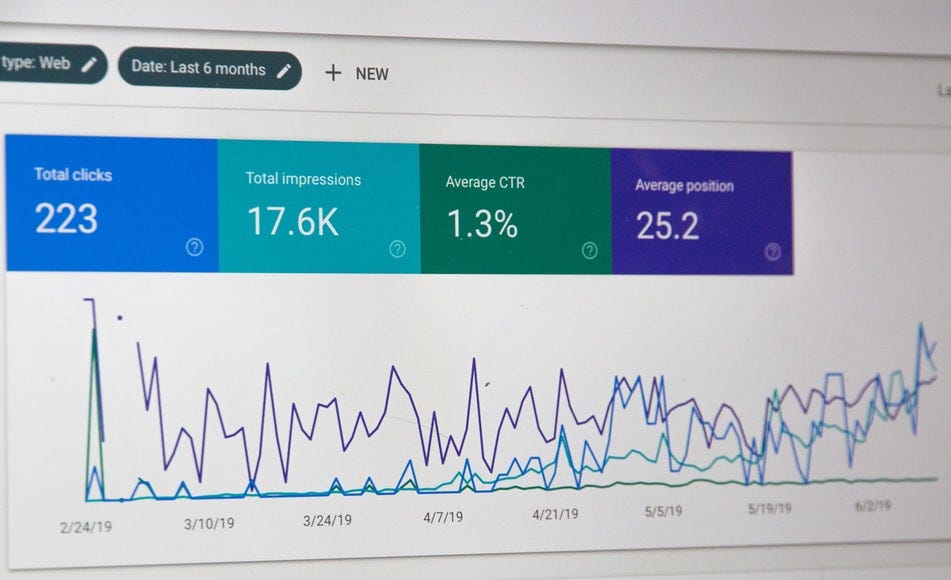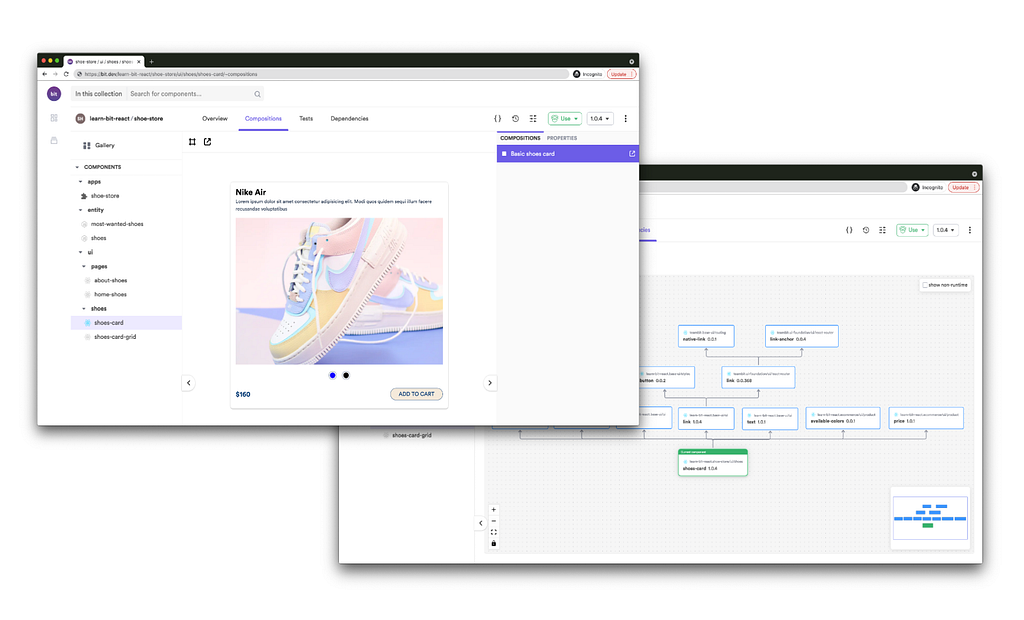This content originally appeared on Bits and Pieces - Medium and was authored by Epic Programmer

To improve your Search Engine Optimization (SEO), you might need to add a sitemap or robots.txt file to your Next.js site.
A sitemap defines the relationship between pages of your site. Search engines utilize this file to more accurately index your site. You can also provide additional information such as last updated time, how frequently the page changes, and more.
A robots.txt file tells search engines which pages or files the crawler can or can’t request from your site.
Static Sitemaps
If your site does not update frequently, you might currently have a static sitemap. This is a basic .xml file defining the content of your site. Here’s a simple example:
As your site scales, you will probably want to create your sitemap dynamically.
Dynamic Sitemaps
If your site frequently changes, you should dynamically create a sitemap. Let’s first look at an example where your site content is file-based (e.g., contained inside the /pages directory).
First, let’s add globby so we can fetch a list of routes.
Note: globby might not work on Windows.
Next, we can create a Node.js script at scripts/generate-sitemap.mjs. This file will dynamically build a sitemap based on your /pages directory.
Finally, add a postbuild script in your package.json to run this script after next build completes. Your generated file gets created at public/sitemap.xml which is then accessible from the root of your site.
External Content
If you have externally hosted data (e.g., a CMS), you’ll need to make an API request before you can create your sitemap. This implementation will vary depending on your data source, but the idea is the same. To demonstrate, I’ve created an example using placeholder data.
First, create a new file at pages/sitemap.xml.js
When the route /sitemap.xml is initially loaded, we will fetch posts from an external data source and then write an XML file as the response.
Here’s a condensed example of the output.
robots.txt
Finally, we can create a static file at public/robots.txt to define which files can be crawled and where the sitemap is located.
And just like that, your Next.js app will automatically generate a sitemap after each build.
Build better Component Libs and Design Systems
Share components across teams and projects to speed up development and make sure your users experience a consistent design at every touchpoint.
Bit offers a great dev experience for building, sharing, and adopting components across teams and applications. Create a component hub for free give it a try →

Learn More
- React Table: The Headless Table Library for React
- 12 React UI Layout Grid Components and Libraries for 2019
- Top 5 CSS Grid Layout Generators
Create a Dynamic Sitemap with Next.js was originally published in Bits and Pieces on Medium, where people are continuing the conversation by highlighting and responding to this story.
This content originally appeared on Bits and Pieces - Medium and was authored by Epic Programmer
Epic Programmer | Sciencx (2022-01-03T20:09:37+00:00) Create a Dynamic Sitemap with Next.js. Retrieved from https://www.scien.cx/2022/01/03/create-a-dynamic-sitemap-with-next-js/
Please log in to upload a file.
There are no updates yet.
Click the Upload button above to add an update.
